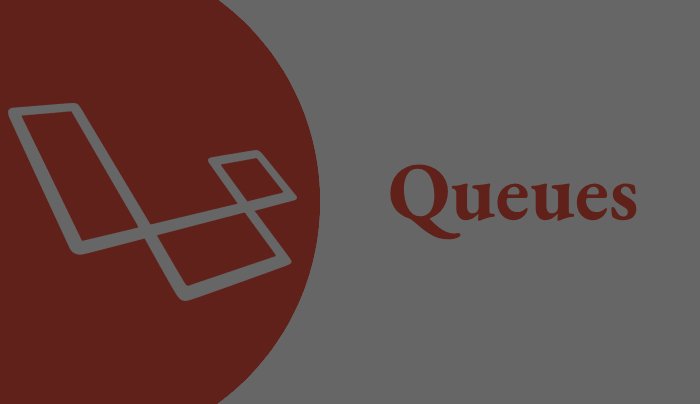Laravel APIs and Caching
In this blog post, we'll take a look at how you can use caching to enhance the performance of your Laravel APIs.
What is Caching?
Caching is the process of storing frequently accessed data in memory, so that it can be quickly retrieved when needed. By caching frequently accessed data, you can reduce the number of database queries your application needs to execute, which can improve the overall performance of your application.
Why Use Caching?
Caching can improve the performance of your Laravel APIs in several ways:
1. Faster Response Times
When you cache frequently accessed data, you can reduce the amount of time it takes for your application to retrieve data from the database. This can lead to faster response times and a better user experience.
2. Reduced Database Load
Caching can reduce the load on your database, which can improve the performance of your application. When data is cached, your application can retrieve it from memory instead of executing a query against the database. This can reduce the number of queries your application needs to execute, which can reduce the load on your database.
3. Increased Scalability
When you use caching, you can reduce the load on your database and improve the performance of your application. This can make it easier to scale your application, as your database won't become a bottleneck.
How to Use Caching in Laravel APIs?
Laravel provides several caching mechanisms that you can use to improve the performance of your API. Here are some of the most popular caching libraries that you can use:
1. Memcached
Memcached is a popular caching library that provides in-memory caching. With Memcached, you can store and retrieve data quickly, making it an excellent choice for high-traffic websites. To use Memcached in your Laravel API, you can add the following line to your configuration file:
'memcached' => [
'driver' => 'memcached',
'servers' => [
[
'host' => '127.0.0.1',
'port' => 11211,
'weight' => 100,
],
],
],
You can then use the `Cache` facade to store and retrieve data from the Memcached server:
Cache::put('key', 'value', $minutes);
2. Redis
Redis is another popular caching library that provides in-memory caching. With Redis, you can store and retrieve data quickly, making it another excellent choice for high-traffic websites. To use Redis in your Laravel API, you can add the following line to your configuration file:
'redis' => [
'driver' => 'redis',
'connection' => 'default',
],
You can then use the `Cache` facade to store and retrieve data from the Redis server:
Cache::put('key', 'value', $minutes);
3. File Caching
File caching is a simple caching mechanism that stores data in files on disk. While file caching is not as fast as in-memory caching, it's still an excellent choice for low-traffic websites. To use file caching in your Laravel API, you can add the following line to your configuration file:
'file' => [
'driver' => 'file',
'path' => storage_path('framework/cache/data'),
],
You can then use the `Cache` facade to store and retrieve data from the file cache:
Cache::put('key', 'value', $minutes);
Conclusion
Caching can significantly improve the performance of your Laravel API. By reducing the load on your database and improving response times, caching can increase the scalability of your application and provide a better user experience. In this blog post, we discussed how to use caching in Laravel APIs, including some of the most popular caching libraries you can use. By implementing caching in your Laravel API, you can take advantage of one of Laravel's most powerful features and improve the performance of your web application.
Recent Posts
.jpg)

.jpg)
.jpg)
.jpg)
.jpg)
.jpg)

 (1).jpg)
.jpg)